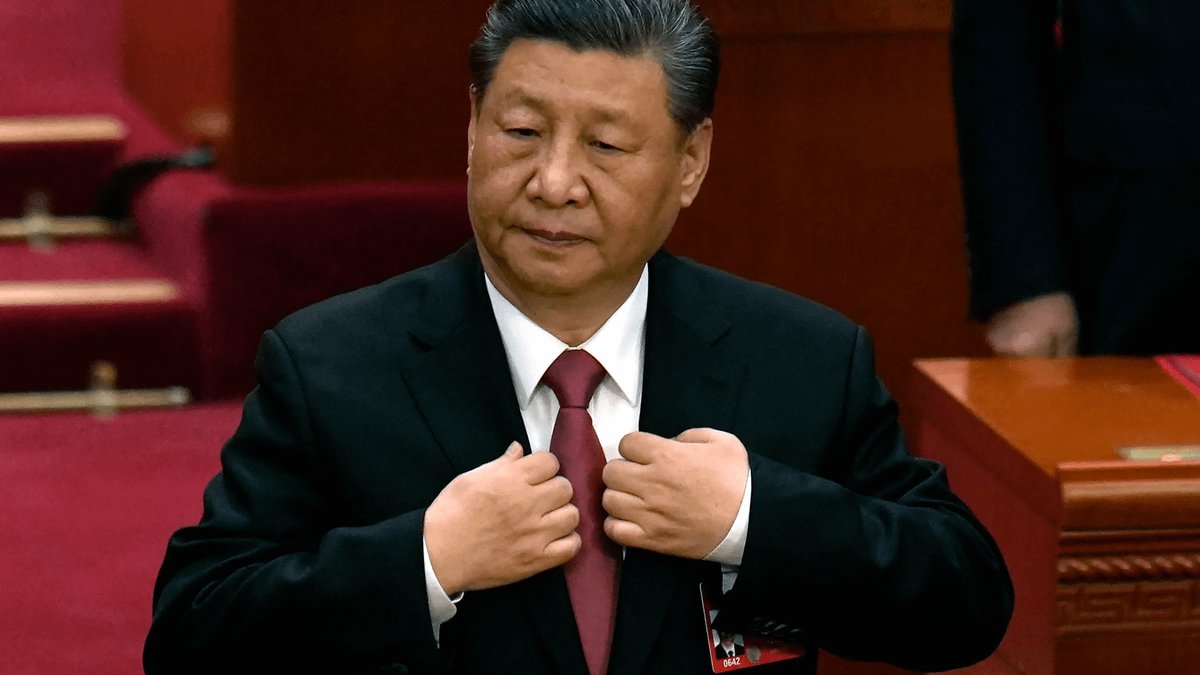Sublime
An inspiration engine for ideas
IN ALL THE REAMS of speculation that had been printed during the previous weeks and months about the eventual makeup of the Democratic ticket, there had been very little about the possibility that Lyndon Johnson would be in its second slot. Almost no one in the political world even suspected that the Majority Leader of the Senate would seriously
... See moreRobert A. Caro • The Passage of Power: The Years of Lyndon Johnson IV
Over and over again, Kennedy delayed a decision to take a step that would require force and might be met by force—and therefore might escalate into the war that would destroy mankind. Over and over again, he tried to give Khrushchev more time to think—until on Friday night, a cable clattered over the State Department teletype, a long, rambling
... See moreRobert A. Caro • The Passage of Power: The Years of Lyndon Johnson IV
Global politics
Heather • 10 cards
the last day of his presidency, Clinton warned George Bush and Colin Powell not to trust a word Arafat would say to them.
Daniel Gordis • Israel: A Concise History of a Nation Reborn
The concept of students volunteering for public service in Africa and Asia might bolster goodwill for America as these third-world countries (as Kennedy had characterized them in the debate) wavered “on the razor edge of decision” between the free world and the communist system.
Doris Kearns Goodwin • An Unfinished Love Story

Tyler’s tall, thin body and square-framed glasses were well known across the world. The recently retired US secretary of defense, he had exerted a deep influence on his country’s national strategy.
Cixin Liu • The Dark Forest (The Three-Body Problem Series Book 2)
Barack Obama came to see it as an alternative to the messy, costly wars that topple governments and require years of American occupation. In the words of John Brennan, one of President Obama’s closest advisers whom Obama eventually tapped to run the CIA, instead of the “hammer” America now relies on the “scalpel.”